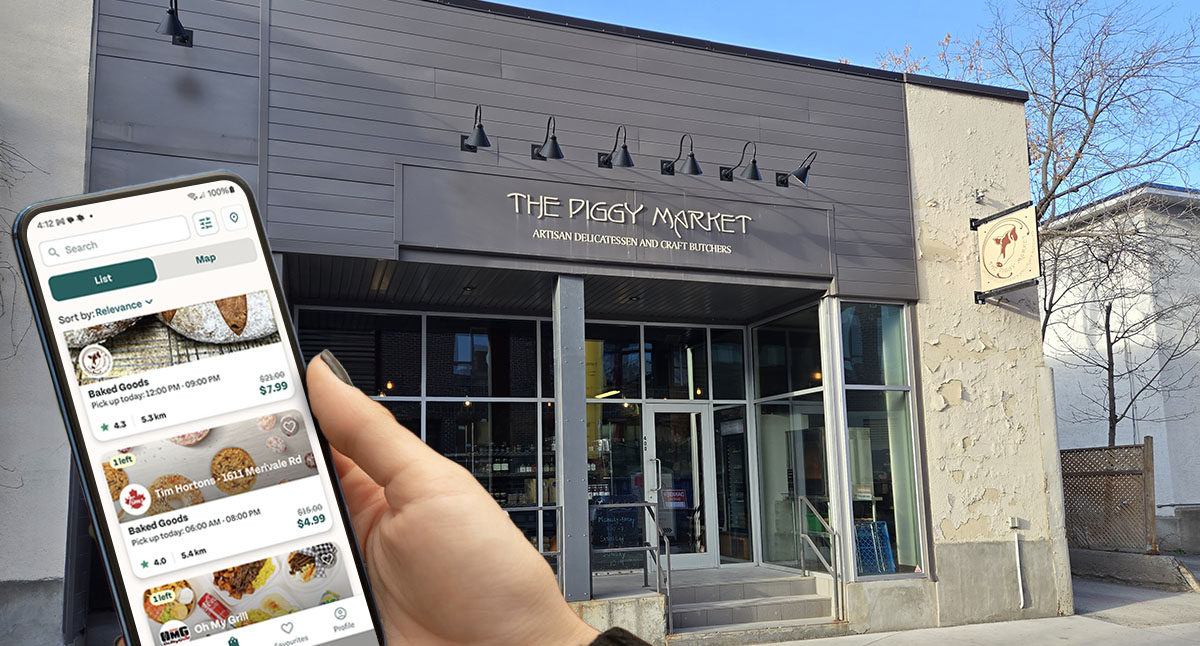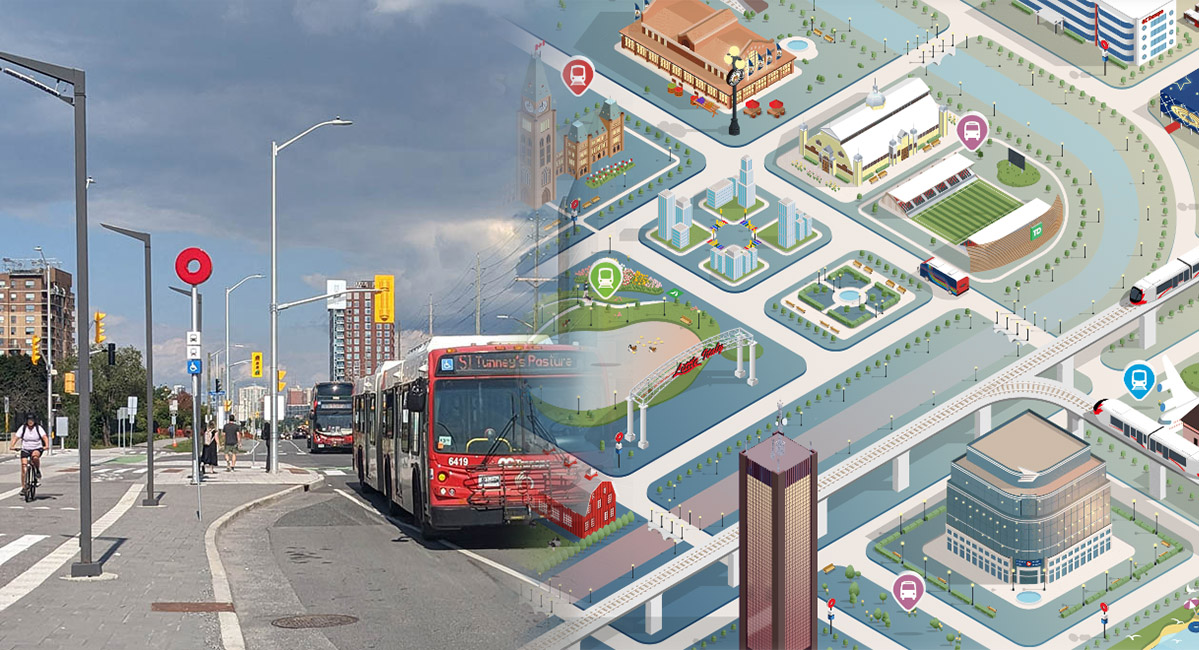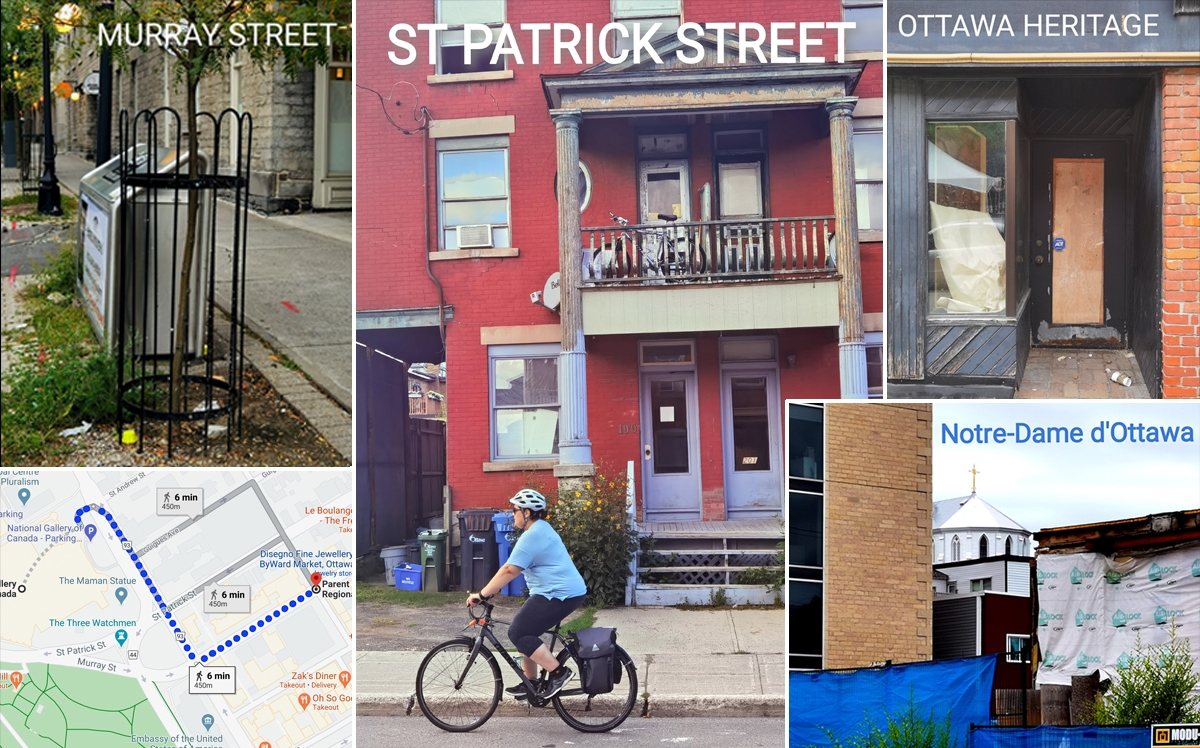
Too Good to Go Offers Consumers Discounts While Tackling the Global Challenge of Reducing Food Waste
Since the inflationary crisis began, food insecurity has become an increasingly global issue. From the carbon tax to skyrocketing mortgage payments and food inflation, millions of Canadians who previously did not require assistance are now seeking help from food banks and other charitable organizations. Food bank visits in Ottawa have soared 90 percent since 2019, forcing the agency to declare an emergency.
Food waste continues to be a significant problem in Canadian households, as well as throughout the food supply chain, including farms, grocery stores, and restaurants. However, one company has figured out a way to reduce food waste while saving consumers money.
In 2015, a group of young Danish entrepreneurs took their dream of finding a solution to the large volume of surplus food at buffet restaurants in Copenhagen and launched the Too Good To Go app.
The app connects consumers with highly discounted “surprise bags” of food for pickup, creating a win-win situation for all involved. The bags available on the app range from broken cookies and other highly discounted baked goods from franchises like Tim Hortons to bargain-priced meals from local restaurants or groceries from local shops and large chain retailers.
Nicholas Dot from Too Good To Go Canada explains that one trillion dollars of food was wasted this year alone. Instead of redirecting or rescuing surplus edible food, 40 percent went directly into the garbage.
The business model for Too Good to Go is simple: discount food destined for the waste bin to increase demand and offered for sale on a highly accessible online marketplace. Consumers choose to purchase a bag despite not exactly knowing what will be in them. It’s a winning formula, so successful stores like Metro sell out on their surprise bags, often within minutes of listing them on the app.
It’s understandable why the demand is so high; a surprise bag of baked goods can sell for as little as $5.99, while a fruit and vegetable bag costs $6.99. The app’s success has translated into smaller retailers like Westboro Village’s The Piggy Market getting on board and helping to cut down on food waste.
Owner Dave Neil has spent a career in the food service industry working as a chef. His artisan deli and bakery utilize Too Good To Go’s discounted food bags to sustainably sell unsold baked goods and other prepared items such as perogies and potatoes at a significantly reduced price.
Neil says the program has been extremely popular since the shop adopted it two years ago, and although they don’t offer the bags every day, there is always demand when they are released.
One of the app’s key features is notifying users of the time of day to check if a retailer will release a surprise bag that day. In the Piggy Markets case, it’s at 3:30 p.m., and the cost for a bag of quality locally made products is an astonishing $7.99.
Neil isn’t exaggerating about the popularity of the bags. The day we checked, the bags sold out within minutes. It’s not surprising. The bakery smells incredible and has a reputation for selling high-quality desserts, bread, Jamaican patties, and more, all made on location. They also carry organic, high-quality meats sourced from Ontario farms at a very fair price compared to big chain grocery stores.
In 2023, nearly 124,00,000 meals were rescued from going in the waste bin thanks to Too Good to Go, and the app’s appeal is only growing, signing up an additional 72,000 businesses last year.
The app is a sustainable, environmentally friendly response for retailers looking to reduce food waste and an easy way for consumers to save on the high cost of food.
Saving on groceries and reducing food waste is a winning formula that has seen millions globally use the Too Good To Go app, simultaneously cutting down on food waste and hunger.
For more information on Too Good To Go or to download the app, visit Too Good To Go | Save Good Food From Going To Waste









